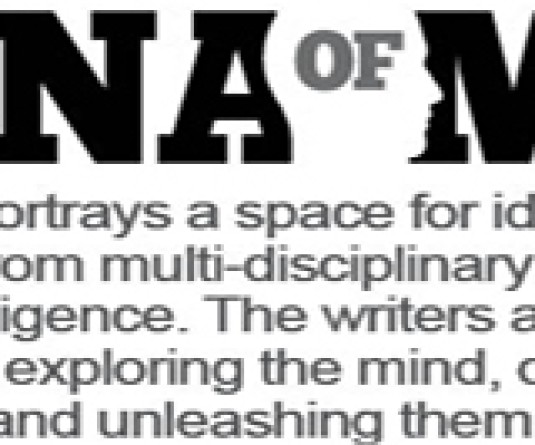
*Dr Aosunep
Democracy as Abraham Lincoln, the former President of USA has defined “the government of the people, by the people and for the people”. This definition means that the people send their own representatives to the assembly to make major decisions for development, for the welfare of the people, to look after the governance and so on. So the representatives draw its power from the people and likewise the government. Therefore, the elected representatives have a big role to play in a democracy.
The opposition parties in a democracy acts as the watch dog of the government, as they are the ones that criticize the policies and programmes of the government. That is the reason why it is being said that strong opposition is one of the facets of democracy. A government without opposition in a democratic form of government is a big threat to democracy.
Context of Nagaland
The state of Nagaland has seen the so called opposition less government thrice- in 2015, 2021 and currently in 2023. The terminology of opposition less government is a mockery to the democratic ethos, because opposition plays a major role in a democratic form of government. In a state like Nagaland, where there is a huge need for developmental activities in various sectors, presence of strong opposition bench is very much needed.
Scholars have opined that various reasons contributed to the formation of such kind of government in our state. In one of the panel discussions being organised by Naga Scholars Association, Kohima Regional Unit recently, one of the panellists has pointed out that one of the reasons for formation of opposition less government in Nagaland is that the party ideology is dying in Nagaland. In the absence of party ideology, the elected representatives took advantage by collaborating with other parties and form this kind of government.
Another panellist opined that Nagaland make history by becoming the first opposition less government in India. He further went on to say that there are better terminology to be applied other than opposition less government such as an all party government, interim government or unity government.
The panel discussion also deliberated about the recent trend in Nagaland during the election that of selecting a particular candidate by the villagers, thus denying practice of democratic principles. It also hinders contesting and electing capable candidates. This kind of practices is a big threat to democratic ideals.
Among others, these are some of the exchange of ideas deliberated in the panel discussion among the academia regarding formation of opposition less government in Nagaland.
It has been assumed that one of the reasons for installation of opposition less government can be attributed to the defect in the election process, the fault being the voters. By electing a competent and reliable candidate may have averted such kind of defection and merger. One of the gifts that is given by democracy to the people is the exercise of universal adult franchise, if so this gift is not being utilize judiciously by the people of Nagaland.
In the absence of opposition in Nagaland, the assembly session won’t witness discussion hours, which means whatever the bill being introduce by the ministers, will be passed through easily without a debate. There will be complete dearth of healthy discussion in the assembly, which is detrimental to the developmental needs of the state and for the welfare of the people.
One of the panellists during the aforesaid panel discussion has posited that opposition less has been a practice in our Naga society since time immemorial. So the inferences are- are we inclined towards this traditional direction, even after introduction of modern democracy? Or is the western model of democracy which is foreign to our land is not working well in our society? Do we need to coin a new model/system of government, which can be applicable to our society? We need to ponder on these issues.
The writer is Asst Professor in Dept of Political Science, St Jospeh’s College (Autonomous),Jakhama






